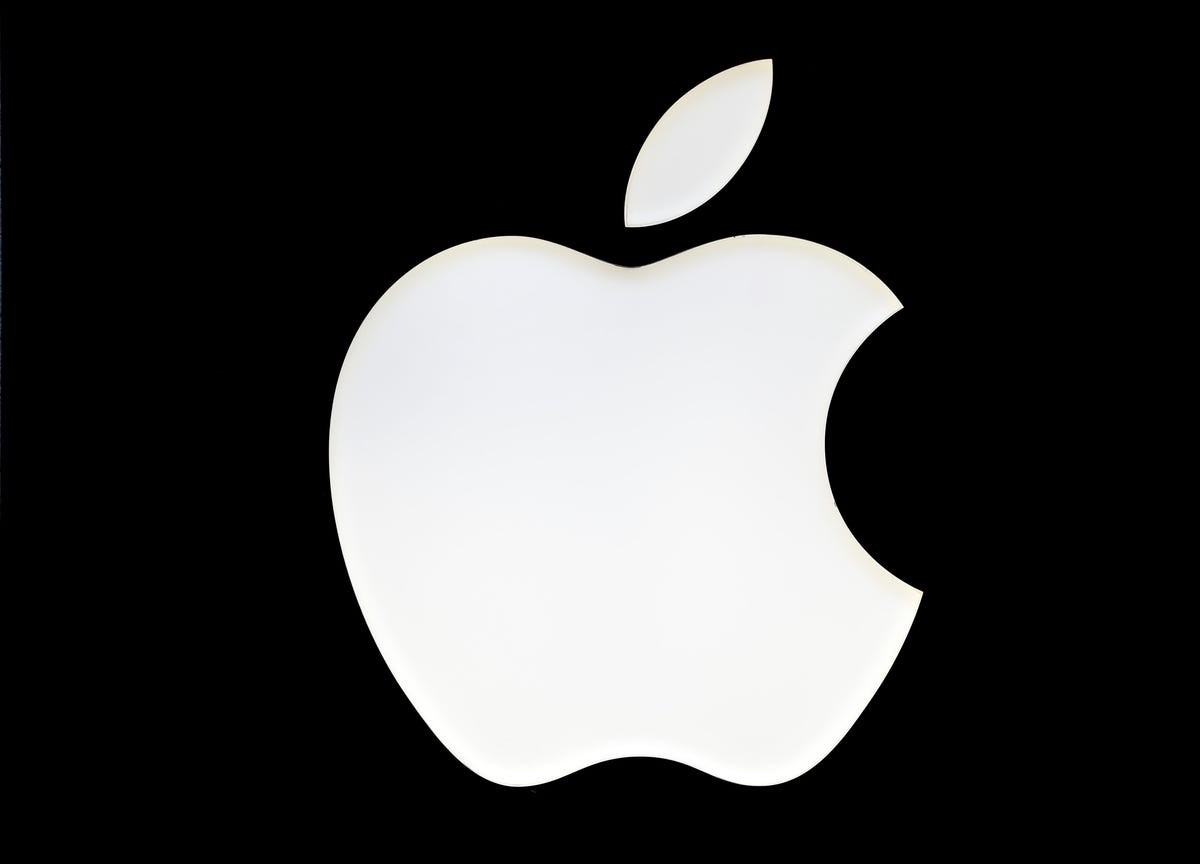Apple’s IOS 15 Custom Product Pages & Their Impact On ASO

Apple’s iOS 15 Custom Product Pages & Their Impact on ASO
During the Worldwide Developer Conference 2021 (WWDC21), Apple announced a number of important changes coming to Apple products later this year. The most significant new features for App Store Optimization (ASO) include in-app events, product page optimization (native A/B testing on the App Store), and custom product pages.
What are custom product pages?
Custom product pages are alternate versions of an App Store product page that app marketers will be able to create to highlight different functionalities, content, or offers than those shown on their default page. As a result, marketers will be able to leverage these page variations to target different segments of their target audience. With custom product pages, developers will be able to create up to 35 customized variants of their default product page and change their promotional text, screenshots, and/or app preview video with each variant.
Custom product pages will be accessible via a unique URL. As a result, traffic driven to the custom product page will come from referrals, thus helping app marketers better adapt their message to audiences coming from outside the App Store (and thus improve the performance of efforts such as paid ad campaigns, influencer marketing, or other marketing initiatives).
For ad campaigns, marketers will have to check which ad networks are compatible with custom product pages as certain networks may use their own linking method to measure post-install events. While custom product pages are not expected to be released in September 2021 or immediately with iOS 15.0, some networks may not be compatible once this functionality is released. However, Apple has hinted that once available, custom product pages will be compatible with Apple Search Ads and will replace their ‘Creative Sets’ feature.
When should you use custom product pages?
With a maximum number of 35 custom product pages and no limit to the number of pages per country (unlike Google Play’s Custom Store Listings), Apple is providing developers with many opportunities to target specific user personas throughout the store.
How will custom product pages impact ASO?
As custom product pages will not allow app marketers to adapt an app’s title, subtitle, keyword field, or category, they will not have a direct impact on app indexation. However, marketers should understand that the feature could still impact ASO since custom product pages will help boost the download velocity and conversion rates of apps and games that implement them well. As a result, the most successful apps in custom product page implementation could, in fact, see organic rankings increase as the aforementioned criteria may act as signals for Apple’s ranking algorithms.
Furthermore, as custom product pages are expected to be compatible with Apple Search Ads, they could also be beneficial to keyword-specific conversion rates which play a major role in organic keyword rankings. Overall, while much of the challenge will lay in the hands of the referrer and the efficient segmentation of consumers, ASO teams will play an important role in understanding the potential of different sources of referral traffic, and accurately creating store-appropriate assets for these custom product pages to match the relevant user personae.
Tips to set custom product pages up
In their dedicated session at WWDC 2021, Apple shared that all developers will be able to set up custom product pages from their App Store Connect consoles. Furthermore, uploading assets for custom product pages will not require developers to submit a new app build; this means that marketers will be able to set up custom product pages independent of their iOS developers’ submission schedule. However, this does not exempt custom product pages assets from being reviewed by Apple, so remember to make sure all your custom product page creatives are compliant with App Store guidelines, and that you upload them for review at least a few days before their associated referrer campaign goes live.
How to leverage custom product pages
In their WWDC announcement, Apple disclosed that the Analytics section of App Store Connect will allow developers to measure impressions, downloads, conversion rate as well as proceeds and retention per custom product page. This means that custom product pages are not only optimizable at the store conversion level, but also for retention or revenue efforts. As such, the feature will play a major role in re-engagement efforts or driving more subscriptions/purchases.
In particular, keep in mind that such metrics aggregated in App Store Connect will not be subject to the same type of user consent required by the App Tracking Transparency framework: While Apple does require user consent to collect user data, this process is independent of the ATT consent prompt that any app must display before sharing data with third-party attribution tools or advertising networks. Consequently, data observed in App Store Connect might be based on larger volumes than in third-party tools if users consent more easily to Apple’s data collection than to app tracking.
